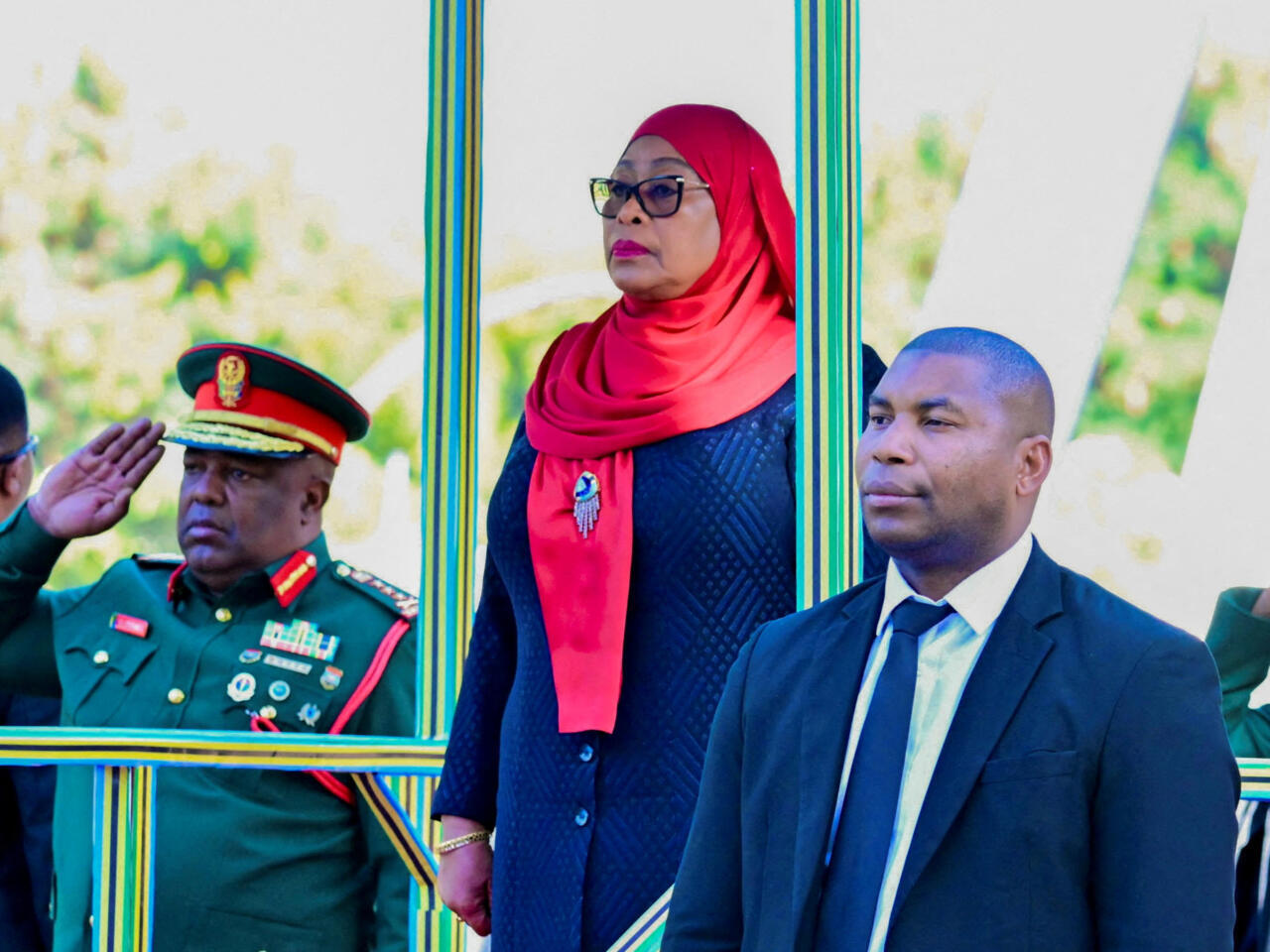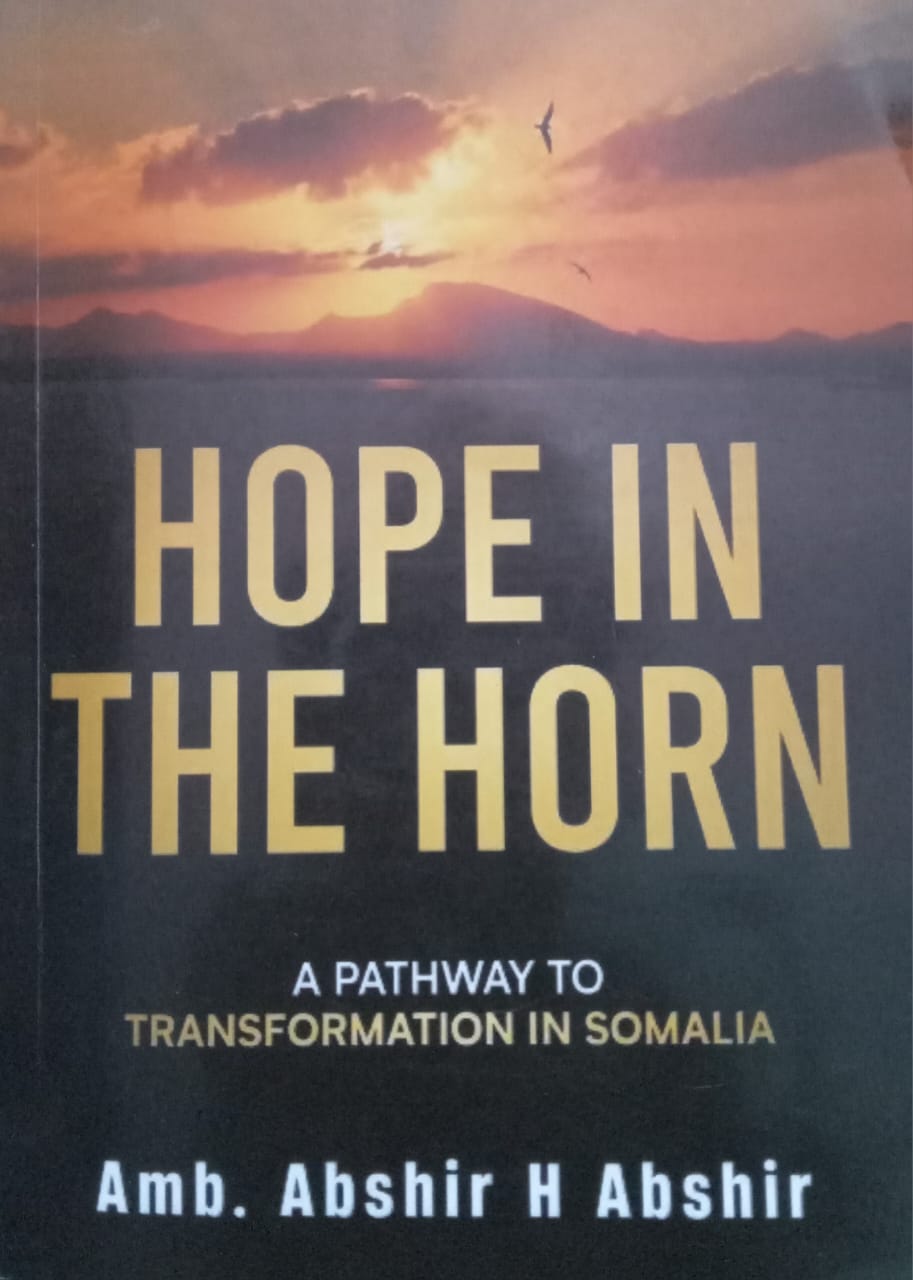President Samia Suluhu’s reported 97 per cent win in the recently concluded Tanzanian presidential elections has caused significant concern among some mainland residents, who state that members of the ruling elite from Zanzibar have historically been favored. This concern has brought renewed attention to a longstanding debate regarding the 1964 Union Treaty that joined Tanganyika and Zanzibar. Many on the mainland have expressed feeling disadvantaged. There are increasing calls for a review of the Union if perceptions of marginalization persist
To unlock the full article:
Choose one of the options below:
- Ksh 10 – This article only
- Ksh 300 – Monthly subscription
- Ksh 2340 – Yearly subscription (10% off)
By The Weekly Vision Editorial Team
Tanzania, once celebrated across Africa as a beacon of post-colonial unity and progress, has in recent days descended into a crisis that few would have imagined only a few years ago. On 29 October 2025, the country held what was officially described as a general election, yet the exercise has since been widely condemned by observers as one of the most chaotic and poorly managed polls in the nation’s history.
President Samia Suluhu Hassan, a Zanzibari Muslim who ascended to power in 2021 following the sudden, and, some say, mysterious, death of John Magufuli, was declared the winner of Tanzania’s contentious election with an improbable 97.66 per cent of the vote. Two days later, she was sworn in for a second five-year term at a tightly controlled ceremony held within a heavily fortified military barracks in Dodoma.
Regional attendance was notably sparse, with only four heads of state present: Zambia’s Hakainde Hichilema, Somalia’s Hassan Sheikh Mohamud, Burundi’s Évariste Ndayishimiye, and Mozambique’s Daniel Francisco Chapo. Western diplomats largely boycotted the event, with the sole exception of the French ambassador.
What transpired was not merely an electoral farce; it was, in the eyes of many, an eruption of long-suppressed resentment over the perceived religious marginalisation of Tanzania’s Christian majority. Beneath the façade of stability lies an uncomfortable truth: many on the mainland believe they are politically suffocated by what they see as a Zanzibar-dominated, Muslim-led elite. Yet few are willing to speak openly about this deeply sensitive issue. From the very outset of the so-called election, irregularities were rife.
Tundu Lissu, the outspoken CHADEMA leader and President Suluhu Hassan’s main challenger, was arrested in April 2025 on treason charges after calling for comprehensive electoral reforms. His party was later disqualified for refusing to endorse what it described as a “rigged” electoral code of conduct.
The move effectively cleared the field, leaving Samia Suluhu Hassan to contend only with token challengers from minor factions, transforming the poll into a one-horse race.
The clampdown on protesters was ruthless, media outlets were shut down, journalists arrested, and the internet went dark for several days. Even the Catholic Church, long a moral voice in Tanzania, was silenced into uneasy quiet by government threats.
The Southern African Development Community (SADC) election observers cited “serious restrictions” and concluded that the process fell far short of democratic standards. When protests erupted across Dar es Salaam, Arusha, and Mwanza, they were crushed with live ammunition. Opposition figures allege between 700 and 1,000 people were killed, while the United Nations confirmed “several deaths”, with credible reports of bodies disappearing from morgues, some allegedly buried in mass graves by state security forces.
Peaceful demonstrators waving crucifixes and national flags were branded “criminals” by the regime. Observers say security forces targeted predominantly Christian neighbourhoods on the mainland. Critics have accused President Suluhu Hassan’s administration of promoting a Zanzibari-Muslim-leaning inner circle to protect her deeply unpopular regime against critics.
Her top team tells its own story: Prime Minister Kassim Majaliwa ( Lindi Region at the coast), Foreign Minister Mahmoud Thabit Kombo (from Zanzibar), Home Affairs Minister Hamad Masauni (from Zanzibar), and Health Minister Ummy Mwalimu (Tanga Region at the coast), all Muslims from the coastal or island regions.
In a country where Christians form roughly 61 per cent of the population, many mainlanders feel deliberately marginalised. “We built this union,” lamented one pastor from Dodoma, “yet we are treated as second-class citizens in our own land.
”The unrest has reignited an old debate: the Tanganyika Question. Since the 1964 Union Treaty that merged Tanganyika with revolutionary Zanzibar, many mainlanders have felt short-changed. Zanzibar retains semi-autonomy, its own president and legislature, while Tanganyika remains without equivalent structures.Critics argue that the mainland shoulders the economic burden, while the islands reap disproportionate benefits. “Tanganyika was sovereign first,” said one activist. “We are tired of subsidising Zanzibar’s elite.
This union must be reviewed.” The bloodshed has only deepened resentment. Calls are growing for an outright re-evaluation of the Union if the perceived marginalisation continues. As tensions mount, many believe that East African Community (EAC) Chairperson, President William Ruto, must urgently intervene.
Kenya, as a leading regional power, cannot afford to watch a neighbour unravel.
Ruto should convene an extraordinary EAC Heads of State Summit to address the crisis, investigate alleged atrocities, and demand reforms. The African Union, despite condemning electoral irregularities and abductions, has been accused of moral inconsistency for congratulating Suluhu Hassan on her victory.
Tanzania’s tragedy is not just political; it is moral. It is the story of democracy subverted, faith silenced, and identity suppressed. Tanganyikans are crying out for justice while the world looks away. History will not be kind to those who stayed silent in the face of persecution.
[/full]




